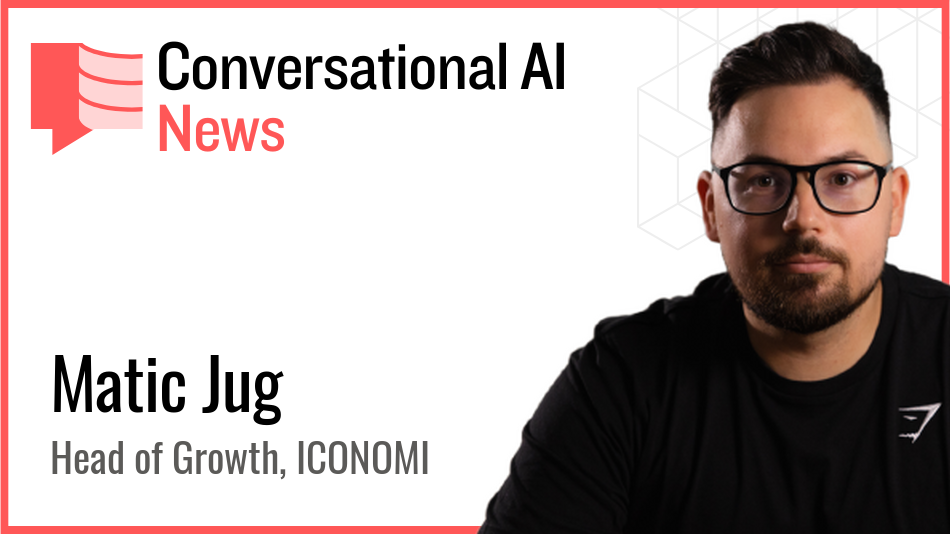The miracle hallucination fixer from AWS is here: AWS Bedrock Guardrails

I do a lot of advisory work with Conversational AI in regulated industries, specifically Financial Services. In this space, there can be no hallucination – or, as many banks correctly insist on terming it, incorrect* answers.
But fear not, dear reader, hallucination is now a thing of the past, as long as you agree to pay AWS to check every output from your LLMs.
This is according to the announcement yesterday at the AWS re:Invent conference:

Here's the first two paragraphs giving the overview of the concept:
Today, we’re adding Automated Reasoning checks (preview) as a new safeguard in Amazon Bedrock Guardrails to help you mathematically validate the accuracy of responses generated by large language models (LLMs) and prevent factual errors from hallucinations.
and
Amazon Bedrock Guardrails lets you implement safeguards for generative AI applications by filtering undesirable content, redacting personal identifiable information (PII), and enhancing content safety and privacy. You can configure policies for denied topics, content filters, word filters, PII redaction, contextual grounding checks, and now Automated Reasoning checks.
At first glance, this looks brilliant. It is brilliant. AWS and Amazon are always very good. This is known. They don't produce rubbsih.
Indeed, I heard from quite a few colleagues yesterday who are relieved that someone has picked this up to offer an enterprise grade (of sorts) approach to the generic demands most companies are going to have when it comes to LLM output.
I can imagine a lot of companies quickly throwing "+ AWS Bedrock Guardrails" into their chatbot feature copy from this morning onwards. It will give a lot of comfort that you've done 'best efforts' by adding this feature into your process.
Many will take a considerable amount of confidence that some serious people at AWS have done some serious thinking to make the guardrails product work. The news release suggests that AWS Guardrails is available in preview in their US West (Oregon) region.
It will get better
Whenever we discuss Generative AI, hallucination and regulated industries that HAVE to deliver correct answers to customers, there's always someone in the room that says, "Yeah but look, Generative AI will get better."
It will. No doubt. This announcement is another step in that journey. We've already seen OpenAI's movements with reasoning recently too.
But can you now get ChatGPT to run your Conversational AI experiences (with AWS Bedrock Guardrails), safe in the knowledge that it will only deliver correct answers? Or, even better, can you pipe everything through Claude 3.5 Sonnet directly with AWS, then use Guardrails?
Not so fast.
Let's hear from some Conversational AI experts who have been following this closely. These are individuals who are currently responsible for some of the biggest, critical implementations of Conversation AI at the coalface – that is, in front of customers belonging to some of the largest global companies. I sourced these via the Conversational AI News WhatsApp group (invite link), by email and 1:1 WhatsApp too.
I'm quoting them anonymously so I don't have to wait an age for their PR teams to approve their comments...
Expert 1:
This looks like a 'not hallucination' data collection programme whereby customers tweak and validate policies to limit hallucination... and then amazon ultimately hopes to infer some mathematical underpinnings as to what makes something 'non-hallucinatory'. Potentially a very clever play that could work for both players, client, and amazon... Potentially doesn't work.
Expert 2:
How do you convince a risk team of a bank to rely on it?
Expert 3:
Love it. I expect to see the generic chatbot services adopting this (or something like this) pretty quickly.
Expert 4:
First step towards proper causal and cognitive AI. Its a good step but still not mature enough yet.
So well done AWS. Good move. One to watch.
* Quite a few senior bank executives have made a habit of ensuring they always correct their colleagues whenever they mention the phrase 'hallucination', in part to avoid institutionalised acceptance or tolerance of the incorrect replies.)
You can read more about Amazon Web Services on the Conversational AI Marketplace.















